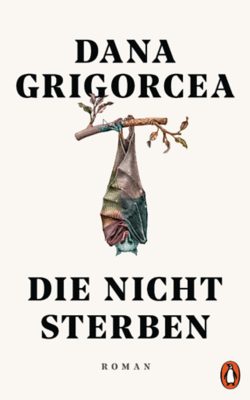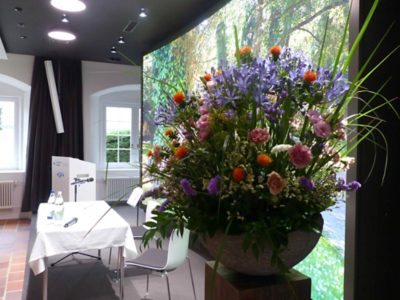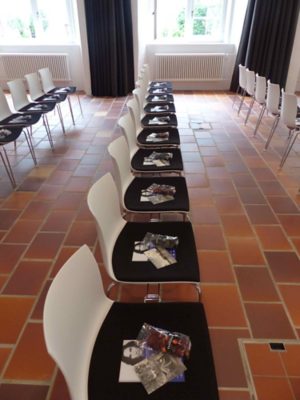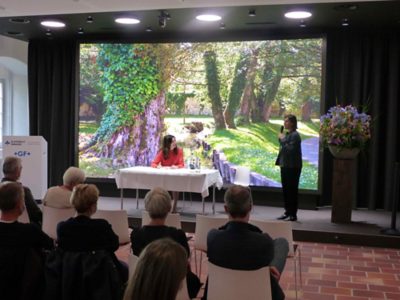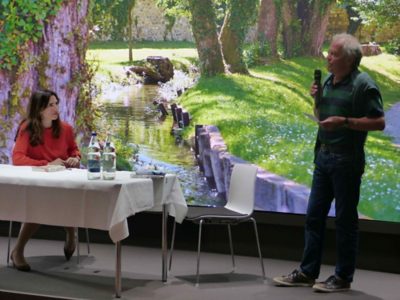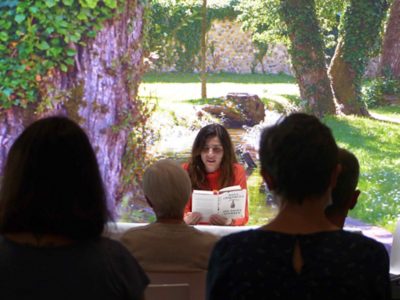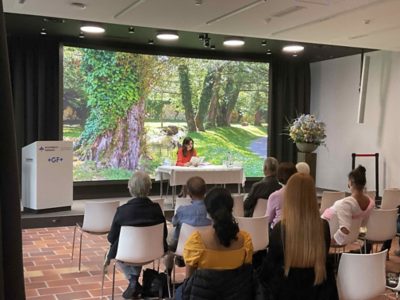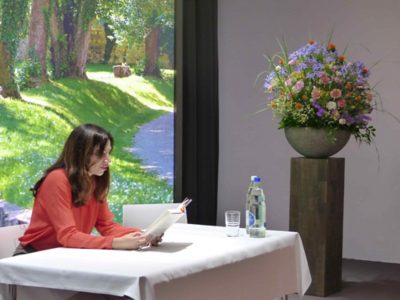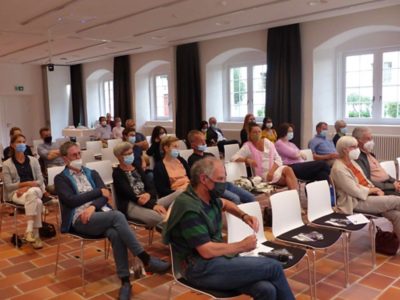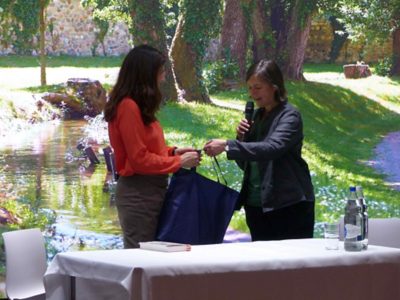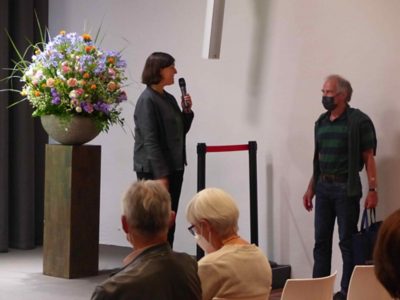Dana Grigorcea's Novel "Die nicht sterben"
Dana Grigorcea was born in Bucharest in 1979. She studied at the universities of Bucharest, Ghent, Brussels and Krems before working for the Austrian daily Kurier, Deutsche Welle and Arte. A prolific writer and activist who draws inspiration from the artists who resisted the Romanian dictatorship of her youth, Grigorcea is known for her essays as well as columns in Die Zeit. "Die nicht sterben" is her fourth novel.
A young Bucharest painter returns to the holiday resort of her childhood on the border of Transylvania after studying art in Paris. In the small town of B. she spent her summer holidays with her upper-middle-class great-aunt under chandeliers and on Persian carpets. An island where the communist dictatorship was something to be laughed at. "No one can break us," her great-aunt used to say. In the meantime, communism is a thing of the past and B.'s best days are behind her. For the artist, it is a return to a world that has become alien, with which she is only connected by a few close friendships and the threads of her family history. When a desecrated corpse is found on the grave of Vlad the Impaler, known as Dracula, she realizes that the past has not yet let go of the place - and that her great-aunt's motto is also that of Dracula. She wants to tell the story of the cruel prince. At the beginning she fears that she might mix up the order of events. Then she realizes: every sequence makes sense. Because the story is not about cause or effect, but only about one thing: fate. In the meantime, however, it is too late for any escape.
